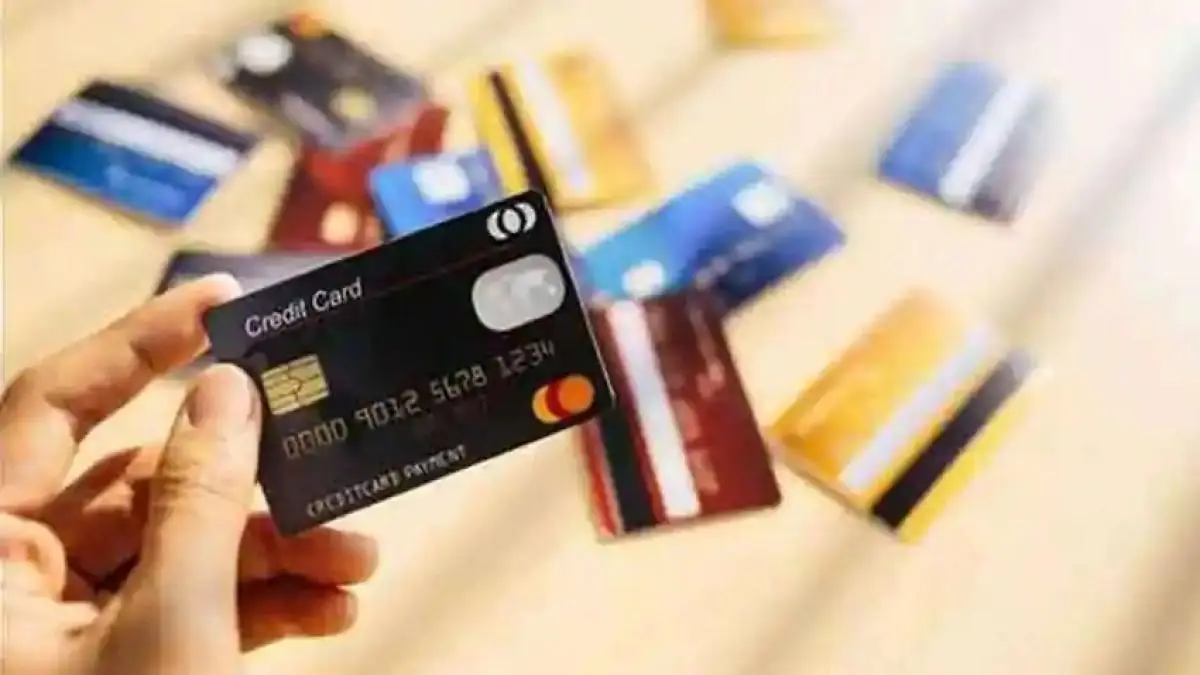With the surge in online transactions, ensuring data security has become paramount. The Reserve Bank has recognized the escalating advantages of card tokenization, a technology that replaces sensitive card details with a unique identification number or ‘token’. In a recent move, the bank has made steps to further enhance and secure this process.
A Glimpse into Card Tokenization
Previously, purchasing products from an e-commerce site required you to manually input your card details. Not only was this time-consuming, but it also posed the risk of data theft. Recognizing this issue, the Reserve Bank, as of October 2022, ruled that no online merchant, payment aggregator, or digital wallet can store a customer’s card details. Instead, the idea of using a ‘token’ for transactions was introduced. With tokenization, card details are converted into a unique code or token. This means that the merchant only has access to this token, ensuring the actual card information remains confidential.
What’s Changed Now?
While tokens were initially generated through merchant websites, ensuring a more secure transaction process, a challenge persisted. Customers often transact on multiple platforms and use multiple cards, meaning that a unique token had to be created for each card on every platform.
However, under the Reserve Bank’s new directive, tokens will be generated at the bank level. This implies that customers can generate a token for a specific card and use this singular token across all merchants. To break down the process: a customer will request their issuing bank to generate a token for a particular card. Once the bank verifies the details, it will issue a token for that card. During an online transaction, customers will use this token, which the merchant will then send to the corresponding bank for verification. The bank will then complete the transaction using the card details linked to that token.

By centralizing the token generation process, the Reserve Bank is not only simplifying online transactions but also bolstering the security measures in place, ensuring a safer environment for consumers and merchants alike.
